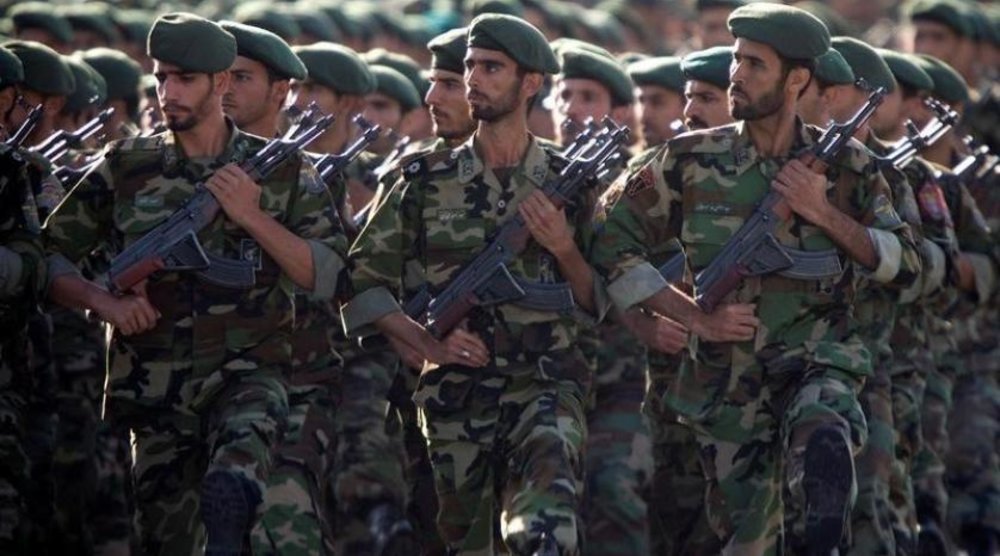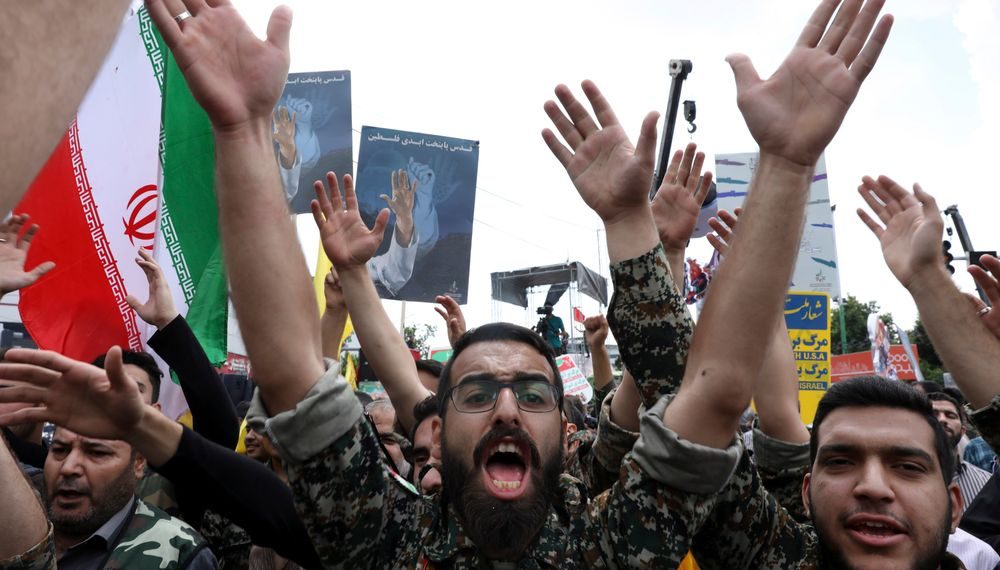A recent visit by Esmail Qaani, commander of Iran’s elite Quds Force, to Baghdad has resulted in a pause in attacks on U.S. troops by Iran-aligned groups in Iraq. Sources indicate that Tehran’s motive is to prevent a broader conflict, particularly following heightened tensions.
Qaani’s meeting with representatives of various armed groups at Baghdad airport on Jan. 29, shortly after the U.S. blamed these groups for the killing of three American soldiers, proved pivotal. He cautioned against actions that could provoke a severe U.S. response, emphasizing the risks of retaliation against Iran.
Although initial resistance was met from some factions, most ultimately agreed to Qaani’s plea for restraint. Notably, the elite Iran-backed group Kataib Hezbollah announced a suspension of attacks, leading to a significant decrease in hostilities since Feb. 4 compared to the preceding surge in violence.
The success of Qaani’s intervention underscores Iran’s influence over Iraqi armed groups, who frequently oscillate between confrontation and de-escalation to advance their agenda of expelling U.S. forces from Iraq.
The Iraqi government, mindful of preventing external interference, sought Iran’s assistance in reigning in these groups following the recent attacks.

While the current ceasefire provides a temporary reprieve, uncertainties loom over its sustainability. The killing of senior Kataib Hezbollah leader Abu Baqir al-Saadi on Feb. 7 could potentially reignite tensions, as indicated by threats of retaliation from hardline factions.
Iraq’s delicate geopolitical landscape, intertwined with Iranian and American interests, underscores the complexity of maintaining stability in the region.
As diplomatic efforts persist, the outcome of ongoing talks regarding the U.S. military presence in Iraq remains uncertain, with potential implications for regional security dynamics.





